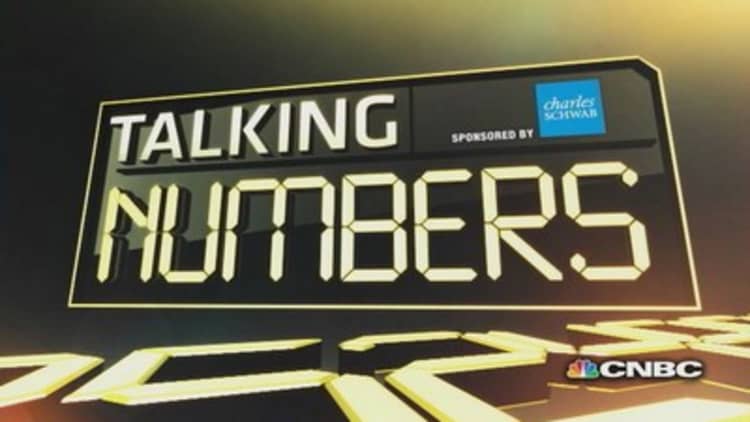Every industry has its critics, but few are quite as vocal as an enraged video gamer whose game has just inexplicably stopped working—especially when a new console or game is involved.
With consumer expectations set high, and the demand for instant gratification pressing, irritating problems—like new games going on the fritz, or screens blacking out—can be magnified, and consumers' tempers can be short. Customer service wait times can feel epic, and some problems never seem to get fixed.
Add the echo chamber of social media, and one can get the impression that video game companies are uniquely bad when it comes to customer service. But is that true?
They might be bad, say several experts, but they're probably no worse than any other industry.
"By and large, most companies across most industries do a pretty poor job," said Erika James, president of the Institute for Crisis Management and senior associate dean at the University of Virginia's Darden School of Business. "The issue is universal, and there will always be a problem. Our human nature is to deny a problem or not assume blame or responsibility. I don't think any one company or industry is any less susceptible to that."
(Read more: Sony dropped big bucks on new 'Infamous,' say pros)
Microsoft has had to deal with this more than most console companies in the past several years. The launch of the Xbox 360 was marred by technical problems that made some early units unusable. And some Xbox One users have faced issues with black screens or unplayable saved games. (The company refused to comment for this story.)
Microsoft isn't the only company that has had issues early in a console generation. Last year, one of the highest profile software launches from Electronic Arts (EA) hit a wall when elements of "Battlefield 4" proved virtually unplayable.
(Read more: Video game brain drain? Top execs leave industry)
Gamers complained quickly and loudly, and EA went into damage control mode, announcing in early July that it would not work on any planned expansions to the game until the core product was running smoothly, and setting up a page listing the known problems and their repair status. (EA didn't respond to a request for comment.)
Few companies in any industry are proactive about addressing a problem once it surfaces, said James. Most industries tend to wait until the problem becomes public (that is talked about on social media or via news outlets). From there, the response window becomes very short before there are lasting negative ramifications, said James.

Further complicating things for the video game industry is the dual nature of its products. Hardware problems aren't the same as software problems, and it can sometimes take a while to determine where the problem originates. Often a software fix can solve a problem, but it can take months to prepare that fix.
"Recalling a console is a different issue than patching a piece of software," says P.J. McNealy, CEO and founder of Digital World Research. "Can engineers figure out a solution that a software patch will fix, or is it something that needs to be changed on a motherboard or is it something that's going to explode?"
(Read more: With 'Titanfall,' Microsoft aims for Xbox sales)
Some industries appear to have learned this lesson. The wearable technology industry got something of a PR boost when Fitbit recalled nearly 1.3 million units of its most recent product, the Fitbit Force, after scattered complaints of it causing skin irritation. (This didn't stop a San Diego law firm .)
"It's quite likely that new ventures are paying attention and have learned the lessons of history and are willing to try a new approach," said James.
And it turns out that acting pre-emptively has benefits beyond quickly taking care of the problem. It often helps prevent reputation damage to an affected company.
"Crisis management implies that is reactionary behavior," said James. "Once you're in a defensive posture, that's when most mistakes tend to be made."
Social media talk amplifies and publicizes consumer complaints, and companies are unable to control that conversation—making consumers more powerful stakeholders. And the gaming community is especially active when it comes to social elements, not only tweeting or posting their grievances on Facebook, but taking to gaming message boards as well.
(Read more: Chinese gaming company FunPlus raises $74 million)
As such, there's some degree of corporate filtering that has to take place among gaming companies, notes McNealy. Early adopters of hardware generally realize they might be buying a product that's imperfect—and a subsection of that same group is going to complain no matter what.
"It doesn't matter how good the launch is, there is always going to be a small percentage of hardware owners complaining about something," he says. "That's the nature of hardware components. ... [But] the folks who buy a console in year one are a lot more tolerant of issues than someone who buys in year three."
—By Chris Morris, Special to CNBC.com.

